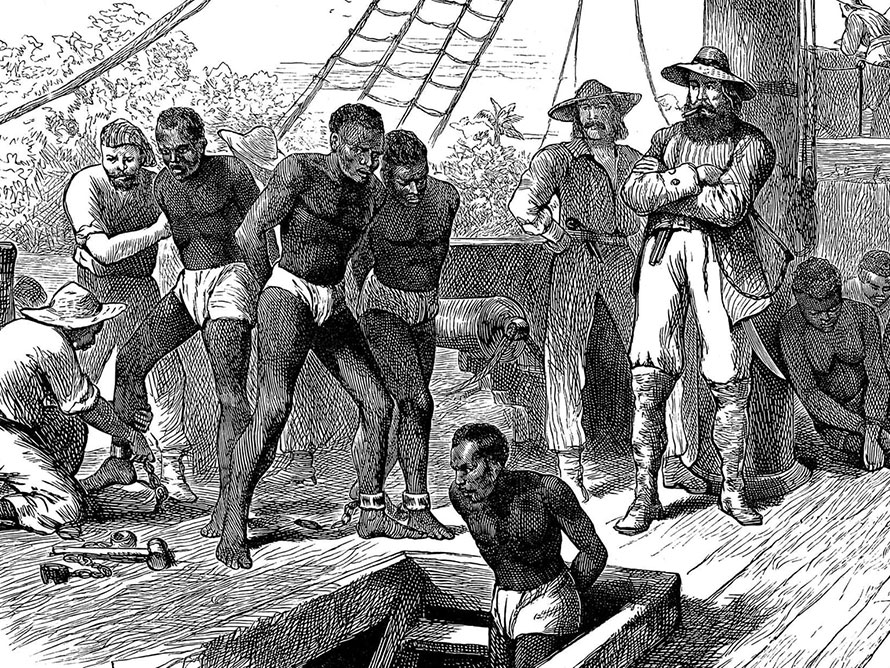The University of Cambridge is opening a two-year inquiry into its links to the slave trade. How much have you personally benefited from slavery? The answer could be more than you think... "We cannot change the past, but nor should we seek to hide from it," said Professor Stephen Toope, vice-chancellor of the University of Cambridge. He was announcing a two-year inquiry into the ways that Cambridge has benefited from the slave trade. It will look into financial donations made using money from the slave trade, collections in the university's Fitzwilliam Museum, and the ways that its scholars may have shaped public opinion around slavery and racism. It will also consider whether the university should make any reparationsProviding payment to make amends for a wrongdoing. - such as renaming buildings, taking down monuments, or offering financial aid. It is not the first university to go through this process. Glasgow University is setting up a centre for studying slavery after it discovered it had received around 200 million worth of donations from slave traders. In America, Georgetown University set up funds to support the descendants of 200 slaves that it sold in the 19th century. However, debate around colonial legacies can also fall the other way. When Oxford students demanded the removal of a statue of the colonialist Cecil Rhodes, the university refused. Britain played a key part in the slave trade. For around 300 years, it helped to transport slaves from Africa to its colonies in the Caribbean and America. Goods were brought back from plantations to be sold in Britain and Europe. This was known as then triangular trade. In 1833, Britain became one of the first countries in the world to abolish slavery. However, the Government made 20 million worth of payouts to slave owners for the loss of their "property". Five years ago, University College London investigated what happened to that money. It found that it helped to fund museums, banks, art collections, railways and individual families. (At the time, this included former Prime Minister David Cameron's family.) In short, the "fruits of slavery" became "part of the basis of modern Britain", according to Professor Catherine Hall. Meanwhile, slavery left "terrible marks and legacies" on people's lives. "They aren't just over. They carry on." Making amends? Do we have a duty to atone for historical mistakes? Cambridge seems to think so, but what does that look like? Is it about removing any legacies of the slave trade, such as statues or stolen museum artefacts? Or giving compensation to help undo the inequality that still lingers? Professor Gill Evans, an historian at Cambridge, worries that the inquiry risks "messing with history". She told The Telegraph that "before you start taking blame, the first task is to understand the period, look at what the people who acted at the time actually thought they were doing". Are we responsible for their actions? KeywordsReparations - Providing payment to make amends for a wrongdoing.
The University of Cambridge is opening a two-year inquiry into its links to the slave trade. How much have you personally benefited from slavery? The answer could be more than you think...
Making amends?
Cambridge to investigate its links to slavery

Glossary
Reparations - Providing payment to make amends for a wrongdoing.
